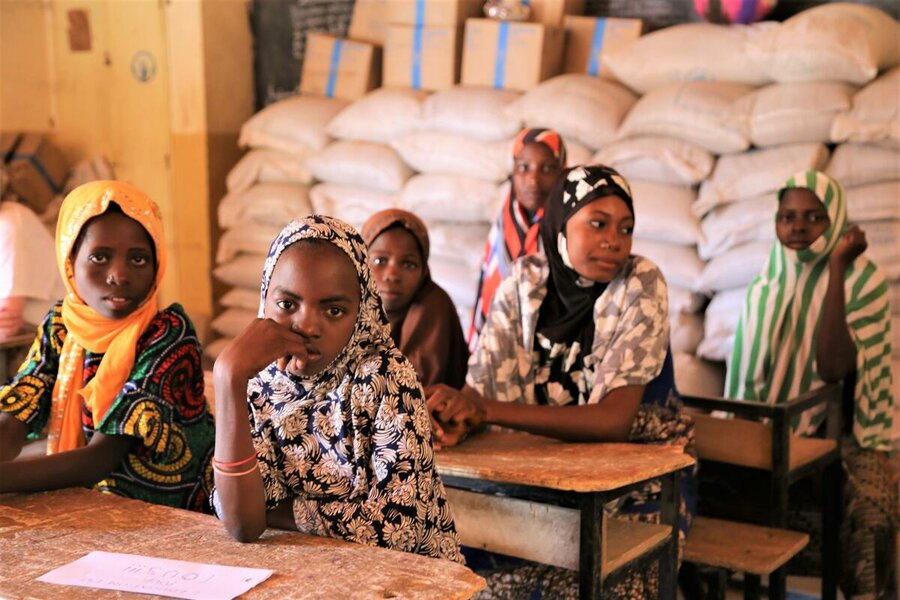Hunger Pandemic: Food Security Report Confirms WFP’s Worst Fears

State of Food Security and Nutrition in the World 2021 points to rising hunger worldwide
The newly released State of Food Security and Nutrition in the world lays bare the impact of COVID-19 on food insecurity and malnutrition around the world, with a further 161 million people believed to have gone hungry in 2020 — data-gathering efforts have been hampered by social distancing rules in the past year.

Sierra Leone is facing unprecedented levels of hunger, exacerbate by the COVID-19 pandemic.
The SOFI report, or “The State of Food and Nutrition in the World 2021,” estimates that up to 811 million people went hungry last year as climate extremes and economic slowdowns, exacerbated by the COVID-19 pandemic, continued to increase in frequency and intensity.
U.N. World Food Programme Executive Director David Beasley said it confirms “a devastating reality — the path to zero hunger is being stopped dead in its tracks by conflict, climate and COVID-19.”
“The world needs to act to save this lost generation before it’s too late,” Beasley added.

Niger: Girls at a school supported by the U.N. World Food Programme in Dosso, Tillabery, in June.
Over 149 million under-fives are estimated to have been stunted, or too short for their age; more than 45 million wasted, or too thin for their height; and nearly 39 million overweight.
Carmen Burbano, Director of the U.N. World Food Programme’s School Meals Program, said ”As world hunger skyrockets, children are paying the heaviest price. Last year, 370 million children missed out on school meals because of school closures during the pandemic. Even today, we know 150 million of them still do not have access to these programs.”
Prior to the pandemic, the high cost of food had already locked 3 billion people, especially the poor, out of healthy diets in every region of the world.

Sierra Leone: ‘I often return home tired, unable to eat. I will give my portion of food to the children,’ says farmer Isata Sei, in Golahun Vaama, Kenema district.
Inflation, combined with job losses due to the COVID-19 and persistent income inequality, continue to aggravate food insecurity and malnutrition.
Over the past three months, the cost of a basic food basket has gone up by more than 10 percent in nine countries where the U.N. World Food Programme works, the organization said in a press release.
“The tremendous challenges posed by the COVID-19 pandemic have exposed the fragility of our food systems,” said the U.N. World Food Programme.
The organization responds by facilitating training and insurance schemes for small-scale farms, running school meals programs and investing in social protection schemes to cushion blows resulting from conflict, extreme weather and the pandemic, ensuring that vulnerable people continue to meet their basic needs. Over the longer term, these build resilience and can be adapted to better link to food systems.
The U.N. World Food Programme is currently saving and changing lives in over 80 countries including emergencies in the Democratic Republic of Congo, northeast Nigeria, the Central Sahel, South Sudan, Yemen and Syria.
Click here to view the 2021 report on State of Food Security and Nutrition in the World.
The report is published jointly by the UN’s Food and Agriculture Organization, the International Fund for Agricultural Development, UNICEF, the World Health Organization and the World Food Programme (WFP). It is regarded as a yardstick for measuring progress towards UN Sustainable Development Goal 2, Zero Hunger, by the year 2030.




